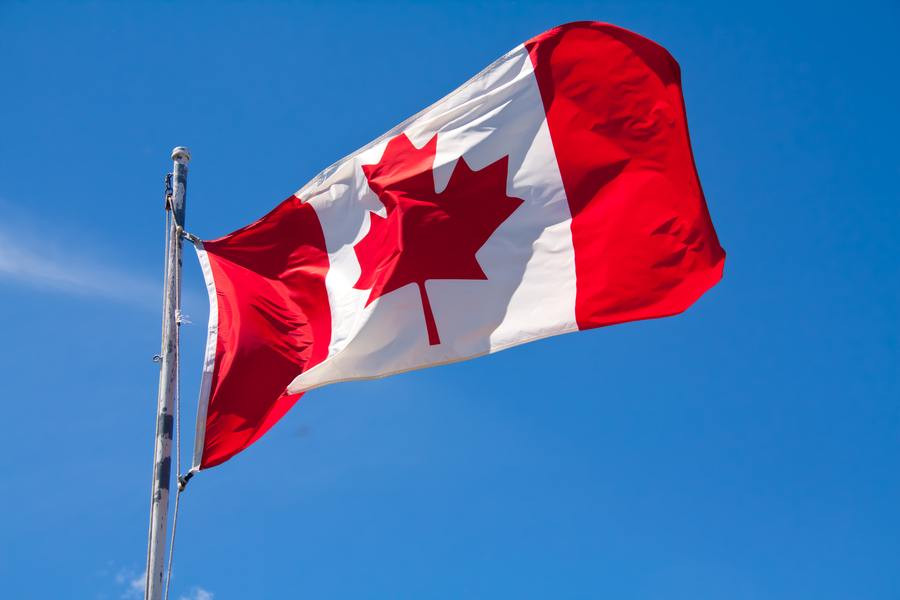As the cost of living soars, Canadians have begun to wonder whether the surest path to comfortable retirement is through a Registered Retirement Savings Plan or homeownership.
A report from Sotheby’s International Realty Canada and Mustel Group determined that 20% of young urban family homeowners deferred RRSPs in favour of purchasing a home. Sotheby’s President and CEO Brad Henderson reckons that’s the sapient path to retirement.
“Owning a home is one of the few tax-efficient purchases someone can make,” said Henderson. “When you buy a home as a principal residence and you sell it, it’s a tax-free event. With a Registered Retirement Savings Plans, the money goes in and you get the benefit of tax reduction up front; you get the benefit of money compounding on a tax-free basis all the way through, but you pay tax on the money when it comes out down the road.”
The “Modern Family Home Ownership Trends PART 2: Financing the Canadian Dream” report surveyed 1,743 families in Toronto, Montreal, Vancouver and Calgary, 19% of whom secured more remunerative work to fund a down payment on their home purchase. Fourteen percent found auxiliary work, while 12% delayed parenthood and 9% moved in with family.
In addition to 71% of “modern family” homeowners surveyed using personal savings to fund a down payment, just over half of total respondents received familial help. According to Henderson, in determining that the bank of mom and dad plays a marginal role in down payments, the findings defy conventional wisdom.
“We found that 52% of [respondents] who made a down payment had part of it funded by a gift inheritance or some other contribution from a family member, but of those 52%, only 17% was a gift of over 30% of the total down payment,” he said. “So 83% of that 52% had a gift that was 30% or less of the total down payment.
“The encouraging thing from the report is we had a significant number of people who did not have to rely on inheritance or gifts and where a good proportion—almost a majority—came from their own financial capabilities, even if that meant deferring investments in Registered Retirement Savings plans, or in some cases cashing in Registered Retirement Savings Plans, in order for them to come up with their down payments.”
Another salient finding is that, while Vancouver and Toronto remain unaffordable, Montreal and Calgary have housing markets that are within their populations’ reach.
“In Montreal, the value of real estate is still quite low compared to Toronto and Vancouver,” said Henderson. “Given that income levels aren’t significantly differently—or not anywhere as significantly different as the value of real estate—it makes Montreal a much more affordable location to buy a house.
“Calgary has the same value of real estate, but the challenge there is the price of oil and what’s going on in the oil and gas sector more generally. There’s less confidence in the desire to buy a home and there are a lot of people still looking for work. They’re not experiencing the kind of percentage increases of homeownership that we’re seeing in Montreal, but it is affordable for those with jobs who feel confident about the future.”
Neil Sharma is the Editor-In-Chief of Canadian Real Estate Wealth and Real Estate Professional. As a journalist, he has covered Canada’s housing market for the Toronto Star, Toronto Sun, National Post, and other publications, specializing in everything from market trends to mortgage and investment advice. He can be reached at neil@crewmedia.ca.









